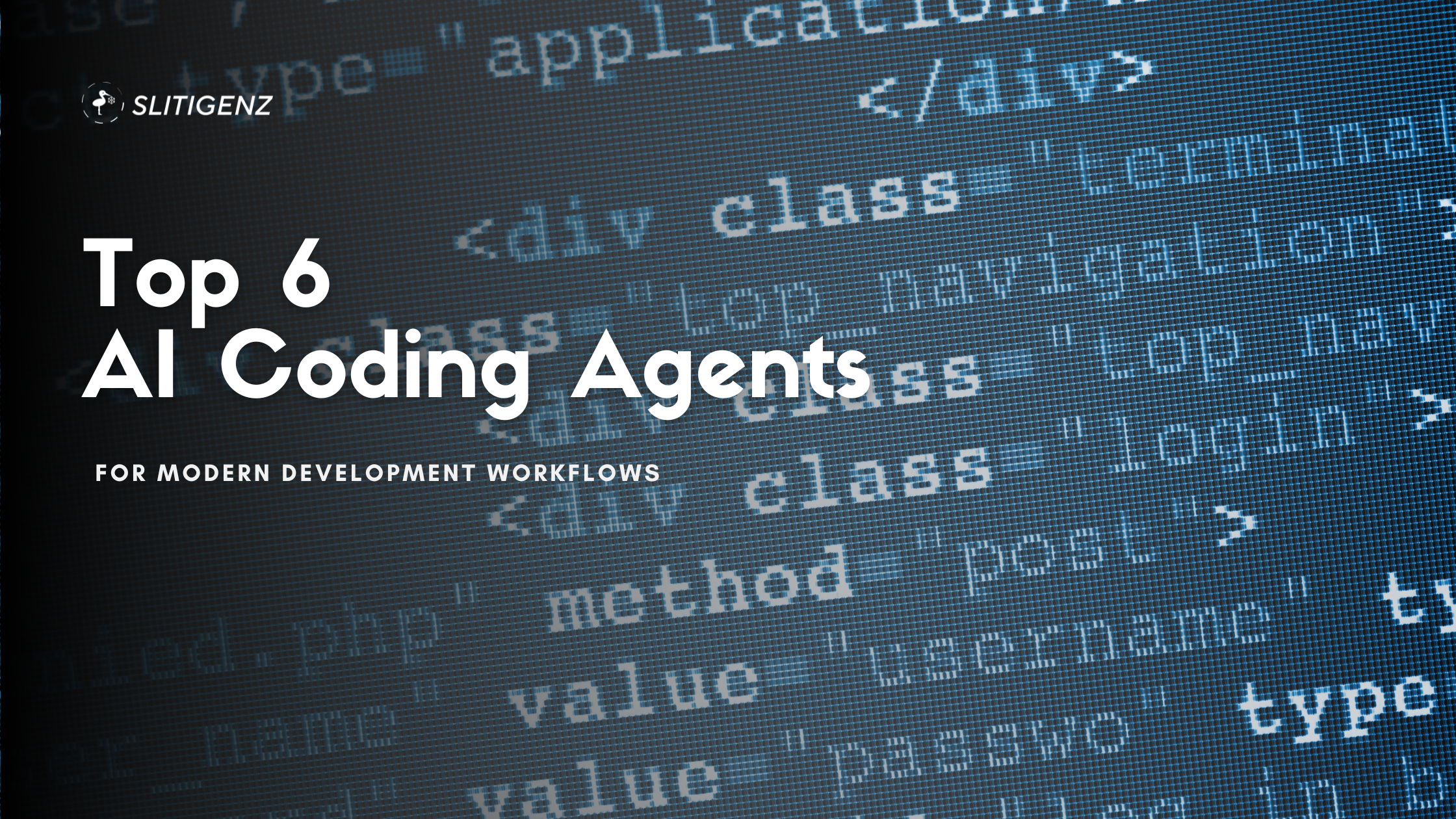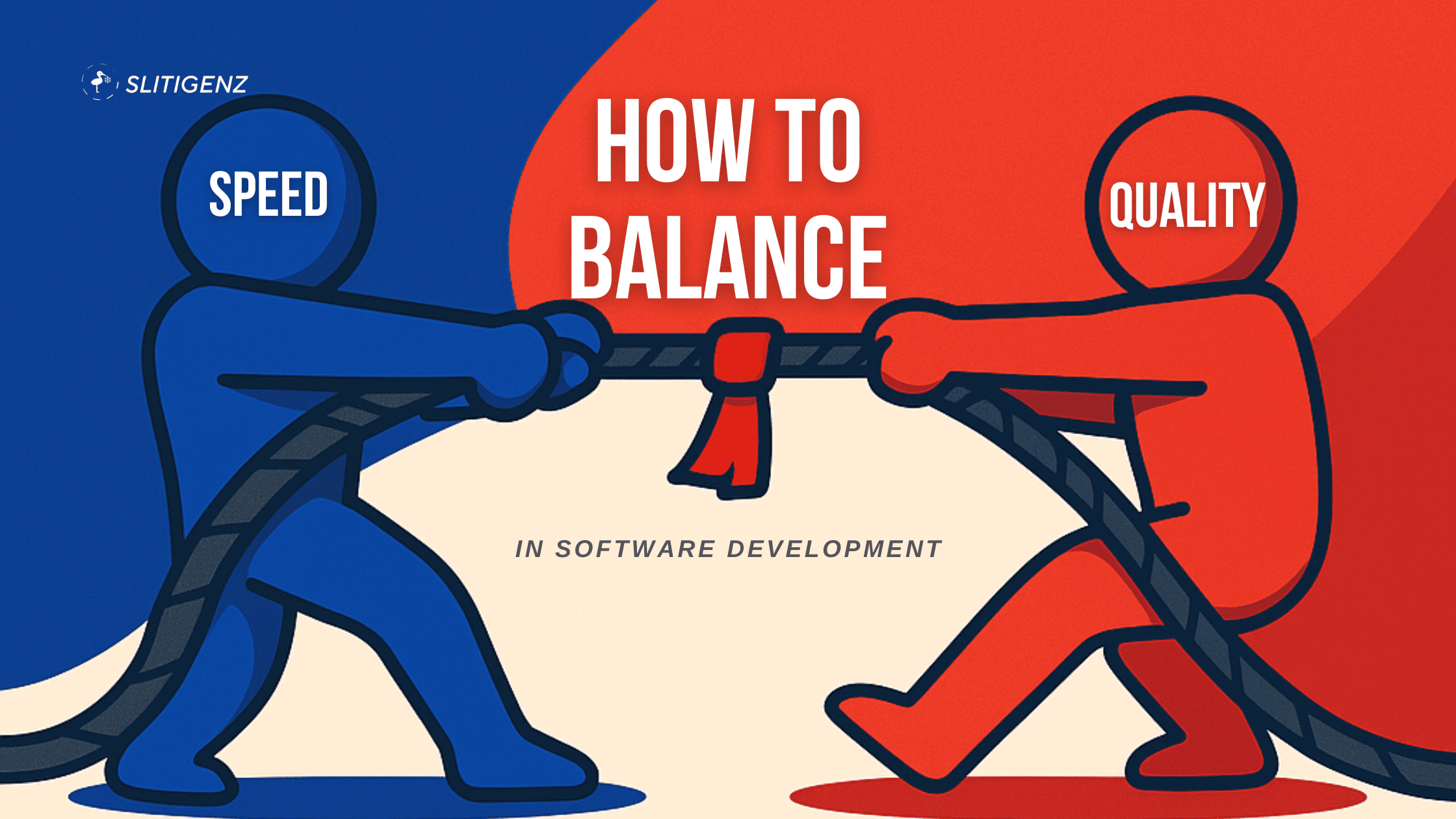The real estate industry worldwide, including the multifamily sector, is being disrupted by novel technologies. In this digital era, technology adoption has hastened communication, transactions, and collaborations between individuals, businesses, institutions, and processes, consequently altering our way of living and working.
The notion of properties as interconnected spaces with access to dynamic services has created fresh opportunities for property management firms operating in the multifamily sector. By reimagining buildings as intelligent environments, new software solutions for managing properties more efficiently have emerged.
The advent of smart buildings that integrate with emerging technologies such as IoT sensors and cloud-based property management software has presented novel methods for managing multifamily assets. Moreover, the advent of blockchain technology has transformed our understanding of data security and trust among stakeholders in the real estate transaction chain.
Location-based services and real-time analytics for multifamily real estate
The increasing obsolescence of traditional technologies for communication and workflow management has resulted in the emergence of novel solutions such as augmented reality (AR) and virtual reality (VR), artificial intelligence (AI), machine learning, blockchain, and the Internet of Things (IoT), all of which facilitate novel methods of linking people, data, and systems.
Location-based services have surfaced as a crucial element of these technologies for communication management between individuals and assets. In the real estate sector, location-based technologies have empowered organizations to create real-time analytics for managing assets and workflows, facilitating efficient management of their multifamily investments.
Real-time information provides clients and decision-makers with valuable insights that can guide decisions, enhance service delivery, and demonstrate progress towards objectives and milestones. For example, a multifamily property management company can leverage location-based technology to track assets and individuals in real-time, creating “virtual fences” around each property to monitor ingress and egress.
This capability aids multifamily property managers in safely and securely managing their property, an aspect that is becoming increasingly critical for residents. It also enables property managers to real-time coordination of maintenance personnel and contractors, with all feedback relayed to a secure server for review.
Blockchain for data security and trust in the multifamily sector
Blockchain is a distributed ledger that leverages code and cryptography to track transactions between two or more parties. Although it is widely known for its use in cryptocurrencies such as Bitcoin and Ethereum, blockchain is also revolutionizing various sectors, including finance, logistics, and real estate. Despite the tendency to conflate blockchain with Bitcoin, the technology is much more than just a cryptocurrency platform.
In its simplest form, blockchain technology is a decentralized ledger that enables individuals to create an immutable, shared record of transactions. This technology is secure because each party has a copy of the ledger that is visible to all participants. Any attempt to modify a record is detectable by all parties, ensuring that the record remains unchanged.
The shared ledger provided by blockchain technology addresses the primary challenge of centralized record-keeping: trust. In centralized systems, a single entity (such as a bank or a government) controls the records. However, blockchain allows multiple parties to access a shared ledger where information is visible to all stakeholders.
The use of blockchain technology in the real estate industry has gained significant attention, given the sluggishness of the current real estate transaction process. This is particularly frustrating for tenants, buyers, and sellers who desire a quick resolution. Investors also seek a fast return on their investments.
Blockchain technology is expected to play a crucial role in unifying the real estate industry, supporting and enabling almost all types of transactions, financial or otherwise, to enhance the process for all stakeholders. While numerous technology companies are experimenting with blockchain technology, few have made significant progress in the space. However, the next few years are crucial, given the increasing cost of living that is affecting real estate markets worldwide.

Multifamily buildings as smart environments with IoT sensors
The Internet of Things (IoT) refers to a network of interconnected devices that communicate with each other through sensors, embedded software, and data networks. The transformative potential of IoT technologies is apparent in various aspects of our lives, ranging from shopping to home management. The emergence of connected technologies has been instrumental in ushering in a smart home revolution.
The real estate industry has also leveraged IoT technologies to create intelligent buildings that can enhance building management. By utilizing sensors, IoT systems collect data on factors such as temperature and energy consumption while facilitating the connection of the building with external systems and devices.
IoT-enabled buildings provide new possibilities in building management, such as reducing energy consumption, improving indoor air quality, and enhancing building safety. Commercial real estate has recorded the highest adoption rates of IoT technologies, leading to cost reductions and optimal utilization of space. However, the multifamily sector of the residential real estate market is increasingly integrating IoT systems.
The importance of technology in multifamily real estate
New technologies are causing a transformation in the real estate industry, revolutionizing the way we think about transactions, buildings, and data. These technologies are extending beyond their original purposes to find new applications in commercial and residential real estate.
For instance, virtual reality is being utilized by architects and interior designers to create 3D models of buildings and redesign interiors. In addition, companies such as Matterport are using VR to enhance the property viewing process.
Similarly, blockchain technology, which is typically associated with finance, is now being employed to facilitate secure and fast information sharing. Blockchain is now utilized in property sales, allowing for information about the property, seller or buyer identity, and lending financials to be shared among parties.
As these technologies continue to develop, new proptech solutions will arise to solve persistent issues in real estate. Virtual reality, artificial intelligence, machine learning, blockchain, and the Internet of Things are redefining real estate, establishing more collaborative methods of work, while enhancing data security and trust to create intelligent buildings that can be managed remotely and efficiently.

AI is increasingly embedded in software engineering workflows, and selecting the right AI coding agent has become a key differentiator...

Speed and quality in software development are not mutually exclusive, but they are often in tension. Many engineering teams face...

Want to deploy a static website on AWS EC2 using Nginx in under 15 minutes? This guide will show you...

What Makes Grok-3 Stand Out? On February 18, 2025, Elon Musk and xAI officially launched Grok-3, an advanced AI model...


1 Comment